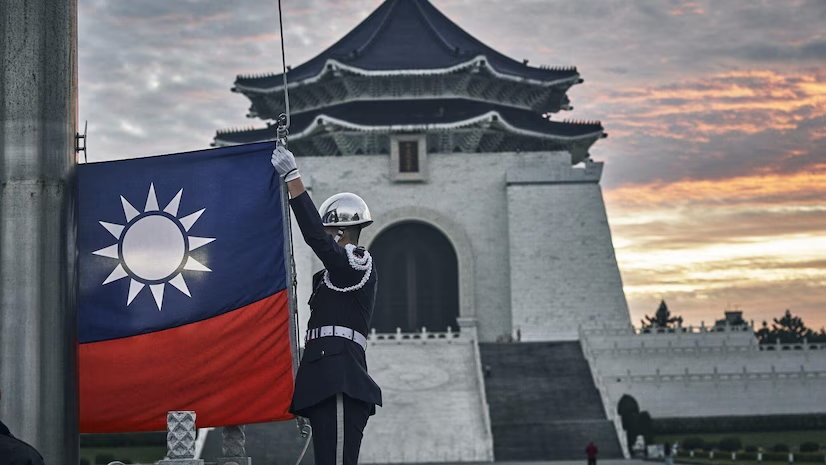Taiwan’s defense ministry has stated that China currently lacks the capability to execute a full-scale invasion of the island due to limitations in equipment and logistics. Despite this, China is actively advancing its military technology and exploring alternative strategies to threaten Taiwan.
The Taiwanese government has pointed out that China, which views Taiwan as its own territory, has been increasing its military and political pressure over the past five years.
Beijing has never ruled out the use of force to assert control over Taiwan, a stance rooted in the unresolved status since the Republic of China’s retreat to Taiwan in 1949 following its defeat by Mao Zedong’s forces.
In its annual threat assessment submitted to lawmakers, Taiwan’s defense ministry highlighted China’s ongoing efforts to enhance its military capabilities, including the development of new weapons such as the H-20 bomber and hypersonic missiles, and an expansion of its nuclear arsenal.
However, the report notes that China’s ability to launch a comprehensive invasion is still hindered by the natural barriers of the Taiwan Strait and its insufficient landing and logistical support.
The ministry also revealed that China has been experimenting with new tactics, including the recent inspection of foreign cargo ships as part of its war games near Taiwan.
These exercises, conducted in May following the inauguration of President Lai Ching-te, were aimed at practicing blockades and cutting off communication with the outside world, which could be used as alternatives to direct military conflict.
The waters surrounding Taiwan, particularly the busy international shipping lanes of the Taiwan Strait, are crucial for global trade, making any potential blockade a significant concern.
In response to these threats, Taiwan plans to increase its defense spending next year to accelerate the development of missiles, submarines, and other military assets.
President Lai has repeatedly offered to engage in dialogue with Beijing, asserting that only the people of Taiwan can determine their future. He emphasized the importance of strengthening Taiwan’s self-defense capabilities to ensure national security and unity.










